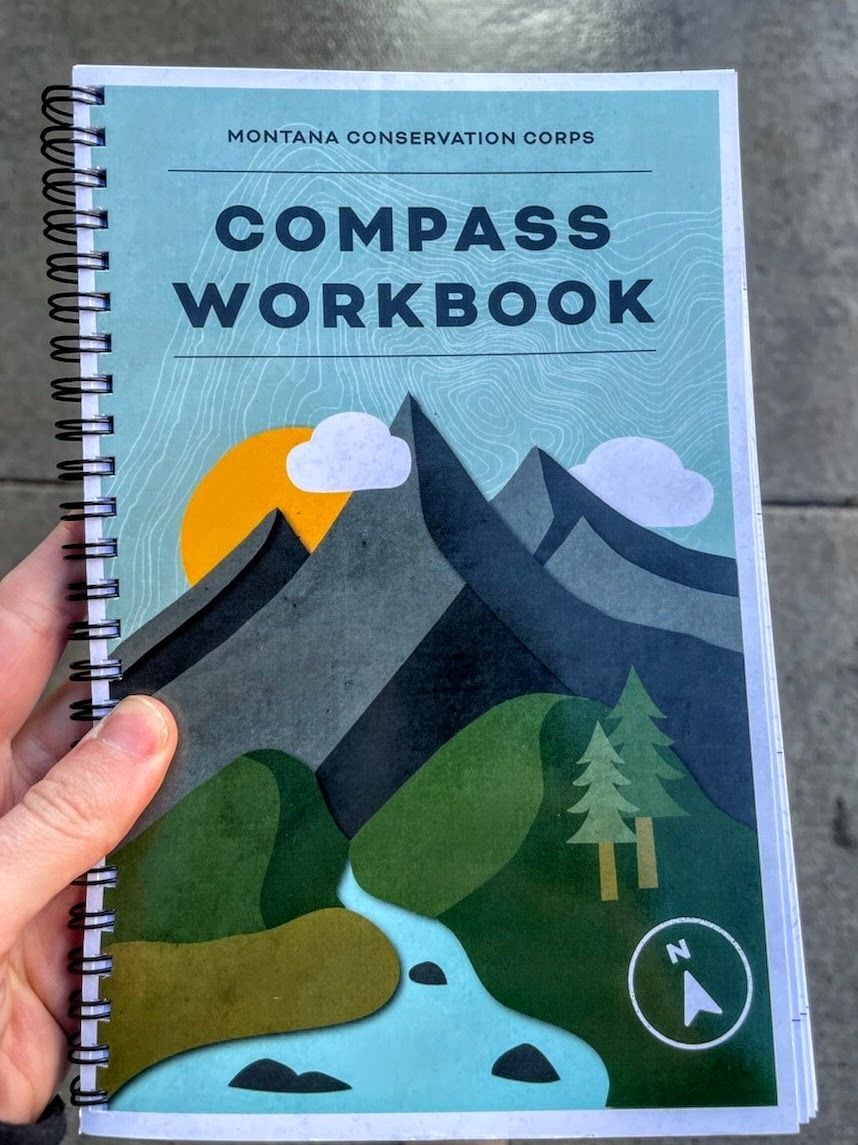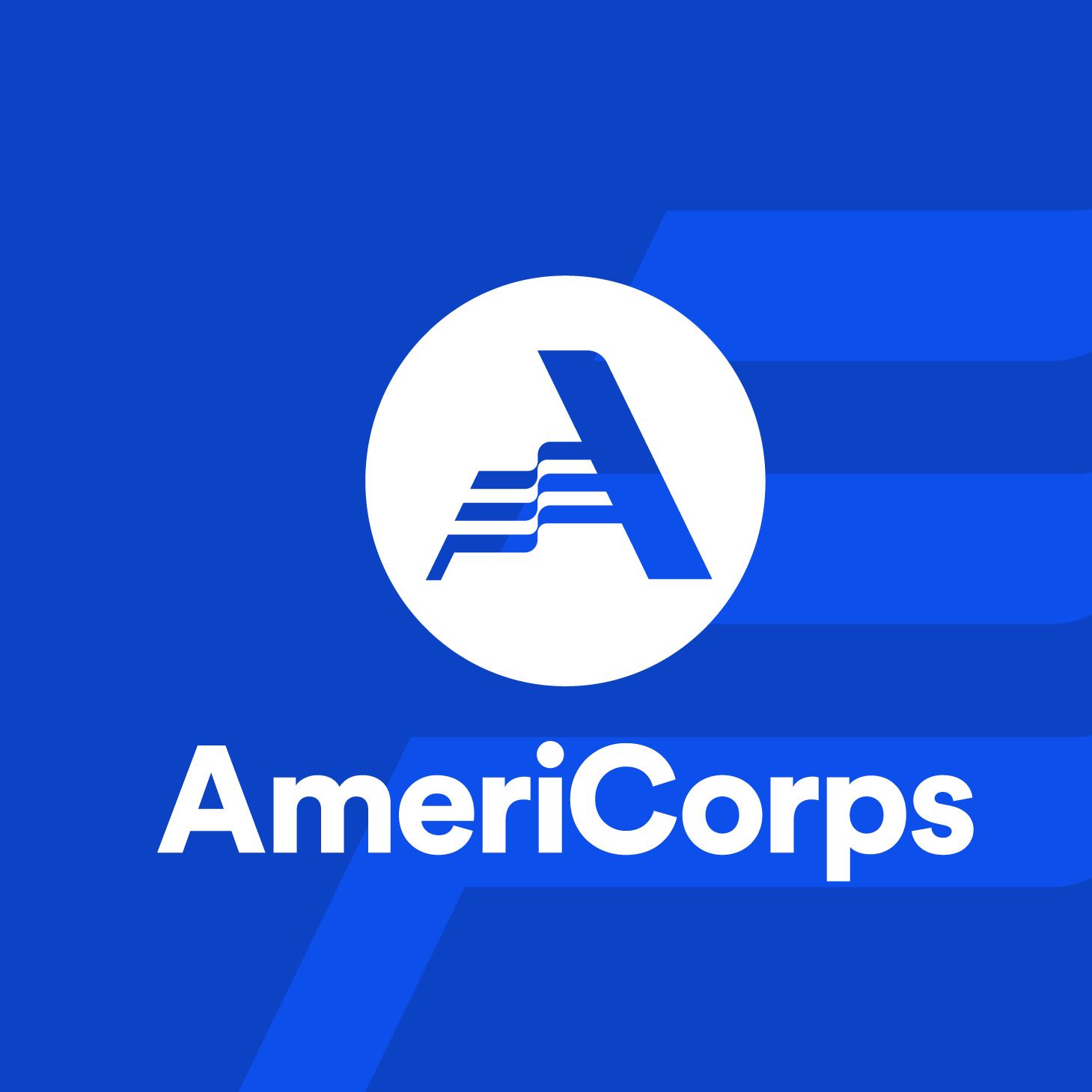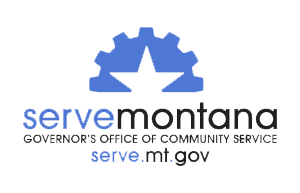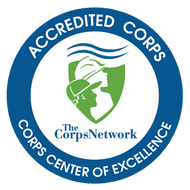
Ask any alum that’s served with another corps and they’ll tell you that intentionality is what makes MCC stand out. It’s at the core of what we do, from our 10-week Leadership Development Program (LDP) to our BIPOC and LGBTQIA2+ community spaces, to our corps members’ experiences. We take care to provide our members with a thoughtful and high-quality program.
So this winter, we focused that intentionality on the framework behind MCC’s program design and the Compass manual, which is the curriculum that our members use to facilitate guided conversations throughout their season. We asked ourselves if they continued to meet the needs of our members, and determined that they didn’t. Nearly a decade after development, they needed an upgrade.
Flashback to 2016. MCC’s program design was based on objectives like civic engagement, hard work, and leadership development. But we realized that’s what we teach at MCC, not the whole of what our members experience. So former MCC staff member Shannon Stober partnered with a business class at MSU to investigate the outcomes of participating in an MCC program. The team combined those findings with theory on adolescent youth development to create a more holistic 4 P’s framework (People, Power, Place, and Pathways). After that, our former Vice President of Programs, Kate O’Neil, developed the essential understandings, which fleshed out the 4 P’s with what we wanted members to walk away from MCC having learned.
But in the 8 years since, our understanding of how we should structure our program framework has shifted. “We started looking at the body of research more relevant to our population: emerging adulthood,” Vice President of Programs Stacey Cassamasima said, “In emerging adulthood, there is a focus on identifying values and self-reflection.”
So with this new lens, we decided to reframe our essential understandings to essential inquiries, phrased as questions. “This puts the members in the driver's seat of their own learning. We hope to spur deeper inquiry that follows them long beyond their time with us,” Stacey explained.
Meanwhile, as our program framework shifted, we realized that the content of our Compass workbook had started to lose its relevance. Members voiced that it no longer reflected their personal experiences and identities, and in the end-of-season survey, they expressed that it didn’t really support their learning. Using the book had begun to feel like just a box to check instead of something that enhanced their reflection and learning.
It was clear that the workbook needed a change. So, we decided to overhaul the content and redesign the book. We had a few goals for the redesign: to improve accessibility, update the design, improve inclusivity and indigenous perspectives, widen the view of environmental history, and give our members the tools to discover their own understanding of their experience, rather than giving them the answers.
In a four-day frenzy in an Airbnb, our program managers collaborated on brainstorming and writing lessons that supported our core inquiries and orientation programming and thus belonged in the new workbook. “It was a lot of togetherness. Coworking, asking questions, and refining. The final product feels really collaborative because of that.” Program Manager Olivia Klein remembered.
Like the prior version, the new Compass workbook enriches the MCC experience by facilitating crew conversations where members connect and process together. But an important new addition is that it provides self-directed space to dive deeper with additional readings and journaling. “From experiential learning theory, we know that learning happens through the combination of an experience, and reflecting on the experience,” Stacey shared, “There’s a lot that can be physically demanding, tiring, and disorienting about a term of service. And most of our members are at a crossroads in life where the foundation of their understanding is being rewritten. Compass is a tool to step back and zoom out. It helps them make meaning through what the challenge of service can offer.”
We’re also excited that the new Compass workbook is more in line with MCC’s values. Olivia remarked, “Anyone interested in facilitating can do it. There’s no hierarchy, anyone can lead a conversation. It’s in alignment with MCC’s model of co-learning, with all staff, leaders, and members together.” The new Compass also centers MCC’s values of diversity, equity, and inclusion. “It feels like part of a larger shift within MCC around thinking intentionally about whose voices we are elevating and letting that influence the tools and resources for our members,” Olivia shared.
Looking ahead, our staff is excited to see the workbooks out in the field this season. Olivia added, “I’m most excited for the people for whom this is their thing. The people who came here to develop as a person. It’ll be the coolest thing.” We’re proud of this product, and we recognize the incredible work of the many staff members who contributed to writing the lessons, organizing the book, and designing it. Now, from our program framework to our Compass workbook and beyond, our members will feel the intention behind everything we do here at MCC.

![[Image Description: Two MCC members are walking away on a rocky trail, carrying their packs, surrounded by burnt orange bushes. Through the haze in the background, there are a multitude of mountains, overlapping one another.]](https://cdn.firespring.com/images/7ba12407-5e3a-41c1-b4b4-f00aac9d37a1.jpg)



